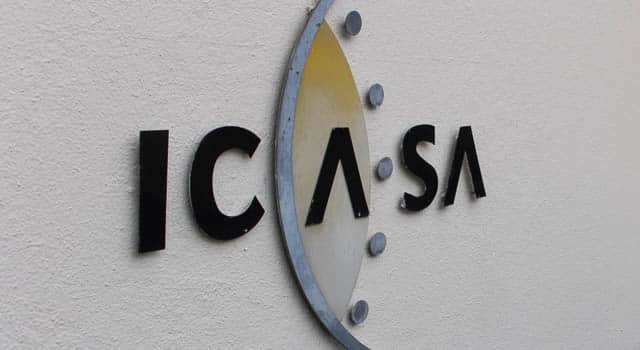The news:
- Mothibi Ramusi, the Chairman of the Independent Communications Authority of South Africa (ICASA), has called to question Vodacom’s recent legal suit after the telco accused the communications regulator of unlawfully approving spectrum pooling agreements between MTN, Cell C, and Liquid Intelligent Technologies.
- Per the country’s biggest mobile operator, the illegitimate pooling deal gave MTN an unfair advantage in network performance over itself, Telkom, and Rain, ultimately stifling competition.
- In May 2024, Vodacom filed an application with the North Gauteng high court in Pretoria, South Africa, seeking an immediate interdict to prohibit rival MTN from using the high-demand spectrum (HDS) it secretly and unlawfully obtained from ICASA in June 2022.
The spectrum in question is in the 900MHz, 1,800MHz and 2,100MHz bands.
Spectrum pooling describes multiple radio spectrum users co-existing within a single allocation of radio spectrum space. It’s done primarily to enable primary users to rent out the unused spectrum to secondary users.
On August 13, 2024, the North Gauteng High Court in Pretoria will hear a case in which the country’s biggest mobile operator Vodacom takes on rival MTN and its pooling partners — Cell C and Liquid Intelligent Technologies.
Per the document seen by ITWeb, Vodacom cites ICASA as the first respondent and Ramusi as the second.
In his answering affidavit to the high court, Ramusi stated that the application brought before it by the telecom company should be dismissed due to a self-created urgency that should attract a fine.
Ramusi argued that if Vodacom felt the pooling agreement was questionable, it should have approached the court in 2022 when it found out, and not come after two years to be heard.
Faulting Vodacom’s interpretation of the agreement and setting the record straight, Ramusi maintained that Icasa’s approval of the spectrum pooling agreements between MTN, Cell C, and Liquid Intelligent Technologies was lawful.
“Icasa resolved to approve these applications in line with sections 30(2)b, 30(3) and 31(3)C of the ECA read together with regulations 18(3) and 18(4) of the RFSR of 2015,” noted Ramusi.
A report indicates that Vodacom also submitted to the court data that proves that it has been suffering from the alleged harm since August 2023, at least.
On June 2024, MTN South Africa, Cell C and Liquid Intelligent Technologies filed applications opposing Vodacom’s request to the high court.
Meanwhile, Telkom, which Vodacom said to have also been affected, says it’s neutral in this matter, according to an email sent to ITWeb by Nozipho Mngomezulu, Group Executive for Regulatory and Legal Affairs at Telkom.











